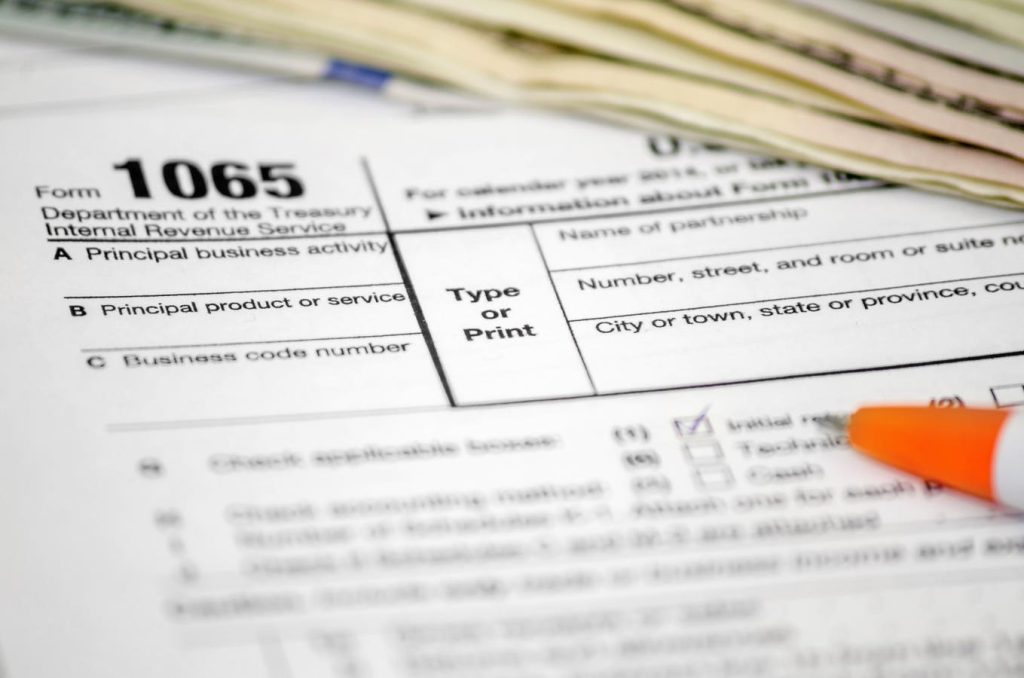Partnerships are treated as conduits for tax reporting purposes, with the partnership filing a tax return and issuing information returns to its partners. If a partner wants to treat an item differently, special filing procedures must be followed. Historically, the IRS had difficulties auditing partnership tax returns, leading to changes in the audit rules in 1982 with the Tax Equity and Fiscal Responsibility Act. However, TEFRA proved imperfect, prompting the passage of the Bipartisan Budget Act of 2015 (BBA) to phase out TEFRA.
Under the BBA, the IRS can conduct centralized examinations of certain partnerships and make assessments of tax directly against the partnership unless action is taken by the partners. Not all partnerships are subject to the BBA rules, and certain partnerships may elect out of the BBA each year. Partners must report consistently with the partnership’s tax reporting, and the IRS may adjust a partner’s return to treat an item consistently with that of the partnership through summary assessment procedures.
Partners who want to claim an inconsistent position from the partnership must file IRS Form 8082 to alert the IRS of their intention. Failure to do so may result in civil penalties. Partners must also review their partnership agreements to ensure they are contractually permitted to claim an inconsistent position. Failure to comply with the partnership agreement may result in a breach of contract lawsuit.
Partners in BBA partnerships have the flexibility to treat partnership items differently with proper compliance with the BBA rules and any governing partnership agreement. Partners should consult tax professionals and ensure they follow the necessary filing procedures to avoid penalties. The BBA centralized partnership audit rules provide a new framework for partnership audits, aiming to streamline the audit process and improve efficiency for the IRS and partnerships alike.


